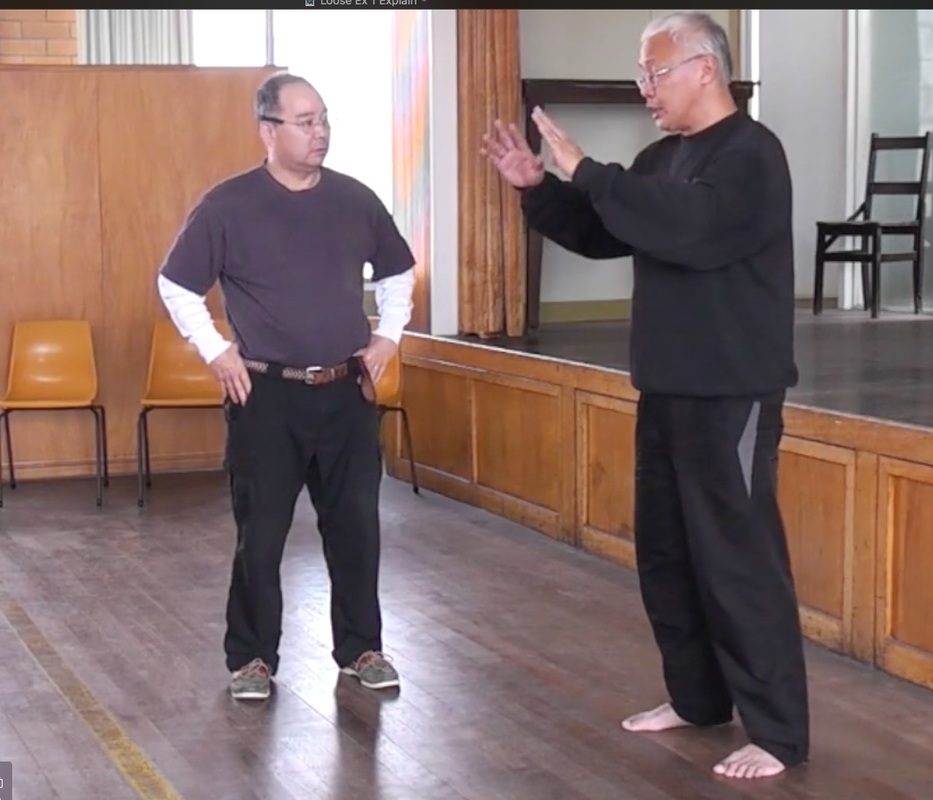 Image from a friend - Alison Kitzman "Tenma festival fireworks, Osaka"
Image from a friend - Alison Kitzman "Tenma festival fireworks, Osaka" In an early blog I wrote about how some medical research supported the positive link between mindful exercises (Yoga and Tai Chi) and the relief of pain. In particular the positive effects these natural exercises have on managing the type of pain which is exacerbated by the onset of stress and tension (see articles below).
I recently had a chance to test this finding out first hand. I don't suffer from the types of chronic pain mentioned in these articles but I recently I got a toothache that quickly grew worse over a period of days and radiated from my upper back teeth to my lower jaw. Chewing anything on the effected side was unbearable and at its worst the pain woke me up at 2.30 am & prevented me from going back to sleep. I did not take any paracetamol or any painkilling medicine because I stubbornly wanted to to manage the experience of pain on my own. So lying in bed on a cold winter night, in great discomfort and not being able to find the deep, blissful unconscious escape of sleep, I first tried a few things that didn't require me to get out of my warm cozy bed. Self-hypnosis did not work, nor did a breathing meditation which usually settles my mind and puts me to sleep. So I got up and practiced Taiji for a good 40 minutes, by the end the usual good feelings of warmth, relaxation and energy flow nullified my preoccupation with the pain of the toothache and I quickly settled into sleep. Just from that one experience I found support for the research findings and think that Taiji's potential for managing pain should be explored and researched more.
Authour – Lee Chang Tye
www.relaxedmindtaichi.com
Reg Anesth Pain Med. 2012 Jul-Aug;37(4):372-82. doi: 10.1097/AAP.0b013e31824f6629.
Tai chi and chronic pain. Peng PW.
Best Pract Res Clin Rheumatol. 2012 Jun;26(3):387-98. doi: 10.1016/j.berh.2012.05.006.
Tai Chi and yoga as complementary therapies in rheumatologic conditions. Uhlig T.
Mindful Of Pain Neurology Now, November/December 2007, Volume 3(6), p 20–23,27, HAUPT, JENNIFER

 RSS Feed
RSS Feed